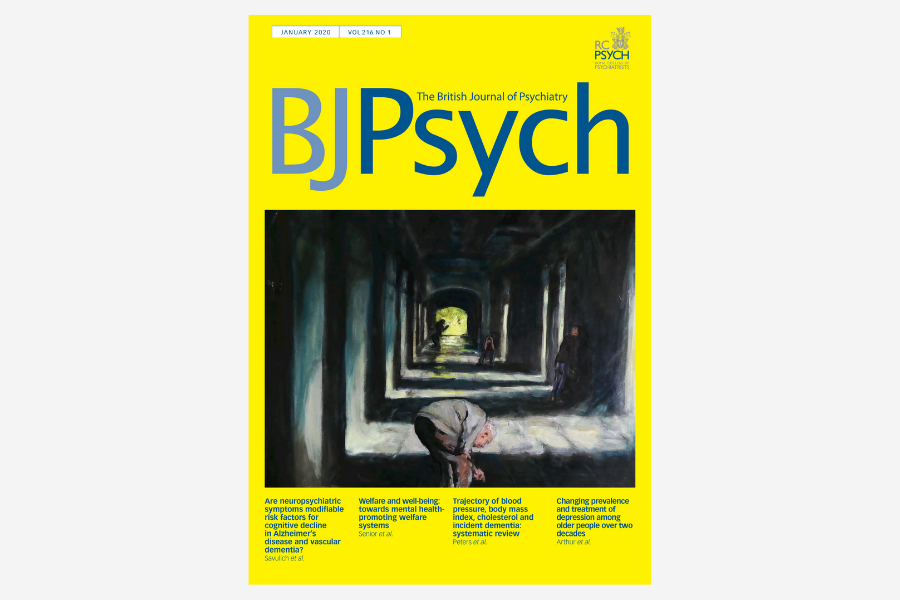
Reward Processing in Children With Disruptive Behavior Disorders and Callous-Unemotional Traits in the ABCD Study
American Journal of Psychiatry
Fecha de publicación: 31 de julio de 2020
Autores: Samuel W. Hawes, Ph.D., Rebecca Waller, Ph.D., Amy L. Byrd, Ph.D., James M. Bjork, Ph.D., Anthony S. Dick, Ph.D., Matthew T. Sutherland, Ph.D., Michael C. Riedel, Ph.D., Michael J. Tobia, Ph.D., Nicholas Thomson, Ph.D., Angela R. Laird, Ph.D., Raul Gonzalez, Ph.D.
DOI: https://doi.org/10.1176/appi.ajp.2020.19101092
Background: Disrupted reward processing is implicated in the etiology of disruptive behavior disorders (DBDs) and callous-unemotional traits. However, neuroimaging investigations of reward processing underlying these phenotypes remain sparse. The authors examined neural sensitivity in response to reward anticipation and receipt among youths with DBDs, with and without callous-unemotional traits.





